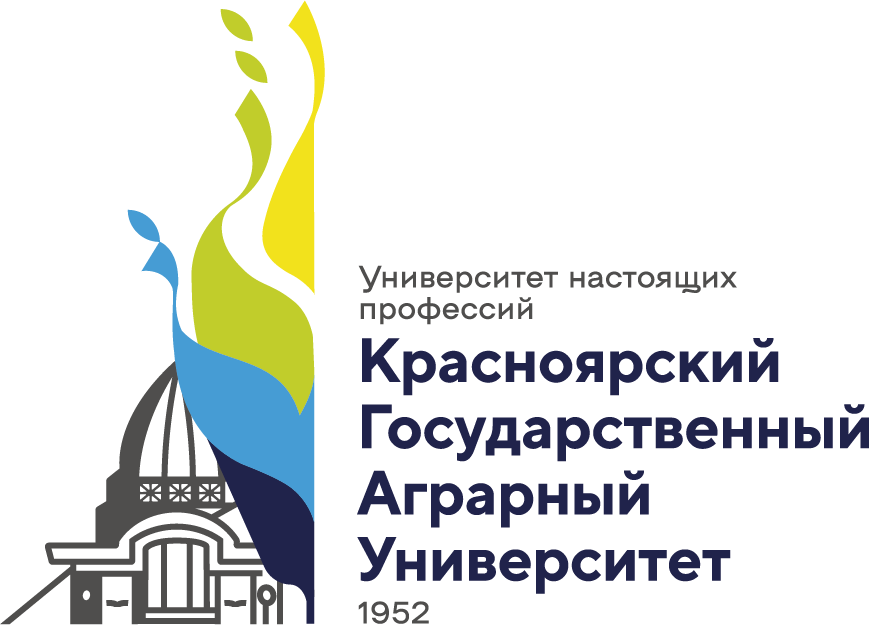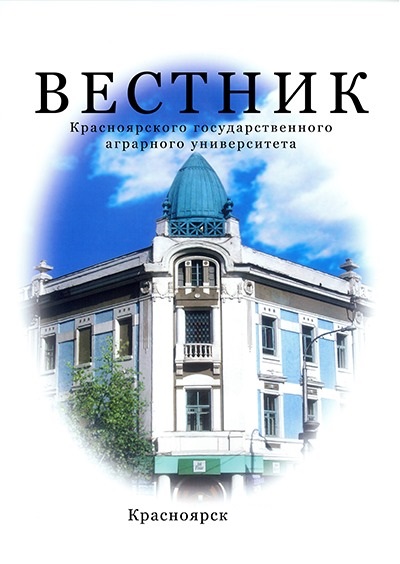Actual task of food industry is the production of good-quality fruit canned puree from peaches, apri-cots and pear for baby nutrition. It is considered that if pH value of canned food from peaches, apricots and pears exceeds 3.8 the development and toxins forming of Clostridium botulinum is possible in them. Therefore they are allocated in separate group and should be pasteurized not as fruit canned food at the temperature below 100 ° C, but at the temperature over 100 °C. Such approach is bound to the fact, that in the previous works carried out in the 70-s of the XX century, the possibility of development of C. botulinum spores in canned food from apricots with рН lower than 4.0 has been shown. In the study the possibility of spore development and toxins forming of C. botulinum in fruit canned food from peaches, apricots and pears with pH from 3.8 to 4.5 including those with dairy additives is investigated. The lack of spore development and toxins forming C. botulinum in this group of products at pH lower than 4.5 have been experimentally shown. Thus, conducted re-searches allow to suggest the change approaches to division of fruit canned food into groups and, respec-tively, to the development of the modes of steriliza-tion (pasteurization) of canned food from apricots, peaches and pears. If earlier for these types of canned food with рН higher than 3.8 the sterilization was to provide the death of spores of C. botulinum, then obtained experimental data allow to recommend less heat-resistant spores of mold fungi of Aspergillus fischeri or Byssochlamys nivea as test microorgan-isms when developing the sterilization (pasteuriza-tion). The decrease in temperature conditions of thermal treatment of this canned food will lead to the improvement of organoleptic indicators of preserved products and the reduction of costs of their produc-tion.
Clostridium botulinum, botulinum tox-in, canned apricots, peaches and pears, heat re-sistance of bacterial spores, canned foods division into groups
1. Tehnicheskiy reglament Tamozhennogo soyuza TR TS 023/2011 «Tehnicheskiy reglament na sokovuyu produkciyu iz fruktov i ovoschey». - Utv. 09.12.2011 g. № 882. - M., 2012.
2. Instrukciya o poryadke sanitarno-tehnicheskogo kontrolya konservov na proizvodstvennyh predpriyatiyah, optovyh bazah, v roznichnoy torgovle i na predpriyatiyah obschestvennogo pitaniya. - Utv. 21.07.1992 g. № 01-19/9-11. - M., 1992.
3. Tehnicheskiy reglament Tamozhennogo soyuza TR TS 021/2011 «O bezopasnosti pischevoy produkcii». - Utv. 9 dekabrya 2011 g. № 880. - M., 2012.
4. Mazohina-Porshnyakova N.N. Podavlenie vozbuditeley botulizma v pischevyh produktah. - M.: Agropromizdat, 1989. - 176 s.
5. Mazohina-Porshnyakova N.N., Naydenova L.P., Nikolaeva S.A. [i dr.]. Analiz i ocenka kachestva konservov po mikrobiologicheskim pokazatelyam. - M.: Pisch. prom-st', 1977. - 471 s.
6. Chervyakova K.I., Mordvinova S.A., Koval' L.N. Mikrob botulizma v proizvodstve konservov dlya detey // Konservnaya i ovoschesushil'naya promyshlennost'. - 1969. - № 3. - S. 30-31.
7. Prohorovich L.E., Saltykova L.A., Shenderovskaya L.I. Izuchenie vozmozhnosti razvitiya Clostridium botulinum v soke i kompote iz abrikosov // Konservnaya i ovoschesushil'naya promyshlennost'. - 1976. - № 1. - S. 35-38.
8. Kodeks Alimentarius: kodeks gigienicheskoy praktiki dlya nizkokislotnyh i podkislennyh konservirovannyh pischevyh produktov. CAC/RCP 23-1979. - M.: Ves' Mir, 1979.
9. GOST 10444.7-86. Produkty pischevye. Metody vyyavleniya botulinicheskih toksinov i Slostridium botulinum. - M.: Izd-vo standartov, 1986.
10. Polozheniya o razrabotke rezhimov sterilizacii i pasterizacii konservov i konservirovannyh polufabrikatov. - Utv. 30 aprelya 1983 g. VNIIKOP. - M., 1983.
11. GOST ISO 7218-2015. Mikrobiologiya pischevyh produktov i kormov dlya zhivotnyh. Obschie trebovaniya i rekomendacii po mikrobiologicheskim issledovaniyam. - M.: Stan-dartinform, 2016.
12. Veyshtord I.P., Pritykina L.A. Tehnologicheskaya instrukciya po proizvodstvu fruktovyh pyureobraznyh konservov dlya detskogo pitaniya. Fruktovoe pyure s saharom. Pyure iz plodov i yagod so slivkami «Nezhenka» // Sb. tehnol. instrukciy po proizvodstvu konservov. T. 2. Konservy dlya detskogo i dieticheskogo pitaniya. Konservy fruktovye. - M.: Pisch. prom-st', 1977. - S. 43-55.
13. GOST R 52187-2009. Konservy. Nektary fruktovye. Obschie tehnicheskie usloviya. - M.: Izd-vo standartov, 2004.
14. GOST 10444.1-84. Konservy. Prigotovlenie rastvorov reaktivov, krasok, indikatorov i pitatel'nyh sred, primenyaemyh v mikrobiologicheskom analize. - M.: Izd-vo stan-dartov, 1984.
15. Instruction Manual «HANNA pH 210, pH 211, pH 212, pH 213. Microprocessor-based Bench pH/mV/ C Meters». 1978 g.










